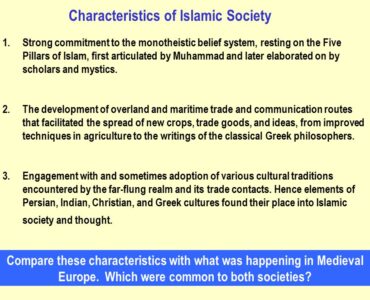
Biographies
῾Abd al-Hayy
(fl. c.1374; d. Samarkand, 1405)
Illustrator and painter. According to the Safavid chronicler Dust Muhammad, ῾Abd al-Hayy trained under Shams al-Din at Baghdad during the reign of the Jalayirid sultan Uways I (r. 1356–74) and became the leading painter under his son Ahmad (r. 1382–1410), who was also ῾Abd al-Hayy’s pupil. When Timur took Baghdad, ῾Abd al-Hayy was sent to Samarkand, either in 1393 or in 1401, where he spent the rest of his life. He seems to have specialized in monochrome ink drawings: Dust Muhammad recorded that ῾Abd al-Hayy’s pupil, Ahmad Jalayir, contributed a black-and-white drawing to a manuscript of the Abūsa῾īdnāma (“Book of Abu Sa῾id”), and a number of examples attributed to the late 14th century and preserved in various albums (e.g. Berlin, Staatsbib. Preuss. Kultbes., Orientabt. Diez A. 70–73) bear the notation that they were copied from ῾Abd al-Hayy’s drawings by Muhammad ibn Mahmud Shah Khayyam. In his album (Istanbul, Topkapı Pal. Lib., H. 2154), Dust Muhammad attributed one painting (fol. 20v) to ῾Abd al-Hayy. It was detached from a copy (London, BL, Add. MS. 18113) of the Dīvān (collected poems) of Khwaju Kirmani copied at Baghdad in 1396. The scene of a sleeping youth visited by angels is in the same style as the other paintings in the manuscript, one of which (fol. 45v) is signed by Junayd. Dust Muhammad may have attributed the painting to ῾Abd al-Hayy because it includes a drawing on the wall of a woman holding an infant and standing in a rocky landscape. According to the Timurid chronicler Ibn ῾Arabshah (1392–1450), ῾Abd al-Hayy was a skilled painter who worked for Timur on wall paintings at Timurid palaces. The wall painting of the woman and child is similar to marginal drawings in a copy (Washington, DC, Freer, 32.30–37) of Ahmad Jalayir’s Dīvān, which have also been attributed to ῾Abd al-Hayy. According to Dust Muhammad, one of ῾Abd al-Hayy’s outstanding students was Pir Ahmad Baghshimali. After ῾Abd al-Hayy’s death his work remained a source of inspiration, and his purity, delicacy and firmness of brush were considered unrivaled.
῾Abd al-Hayy
405 – 008-a
https://discerning-Islam.org
Last Update: 02/2021




